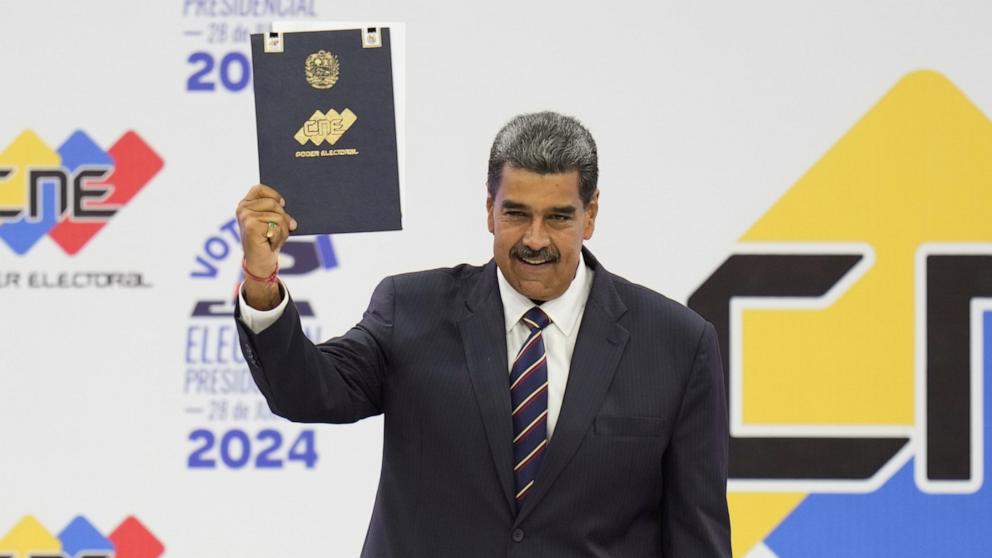Already a subscriber? Make sure to log into your account before viewing this content. You can access your account by hitting the “login” button on the top right corner. Still unable to see the content after signing in? Make sure your card on file is up-to-date.
Venezuela has officially axed its energy cooperation agreements with Trinidad and Tobago.
Some shit you should know before you dig in: If you’re unaware, tensions between the United States and Venezuela are cookin, and recent US military activity in Trinidad has turned up the temperature. A US Navy guided-missile destroyer, the USS Gravely, recently docked in the country, while several V-22 Osprey tiltrotor aircraft were also spotted in the area (raising eyebrows across the region). Officially, the US and Trinidad and Tobago have stated that these deployments are part of routine joint military drills aimed at bolstering internal security and regional cooperation. However, the timing and scale of the operations, amid growing US-Venezuela tensions, have led the Venezuelan government to view the exercises as provocative and potentially part of a broader strategy to pressure or destabilize the Maduro government.

What’s going on now: In a notable development, Nicolás Maduro has ordered the immediate suspension of all energy cooperation agreements between Venezuela and Trinidad and Tobago. This move halts years of negotiations and planning tied to joint gas exploration and development, most notably the Dragon gas field project (an offshore field with an estimated 4.2 trillion cubic feet of natural gas located in Venezuelan waters near Trinidad).
According to Delcy Rodríguez, Venezuela’s Vice President, the suspension is a “precautionary measure” triggered by what she called Trinidad’s “hostile” behavior (namely its cooperation with the United States military). She announced on state television that she had formally petitioned Maduro to withdraw from the agreements and criticized Trinidad’s participation in US-led operations as a direct threat to Venezuelan sovereignty. Maduro echoed this during his weekly televised program, Con Maduro+, stating that Trinidad had effectively turned itself into a “US imperial aircraft carrier against Venezuela and South America.”
On the other side, Prime Minister Kamla Persad-Bissessar of Trinidad and Tobago appeared unfazed by the announcement. She dismissed the suspension as non-critical, stating that Trinidad’s energy future “does not depend on Venezuela and never has.” She insisted that her country will not be subjected to “blackmail for political support.”







